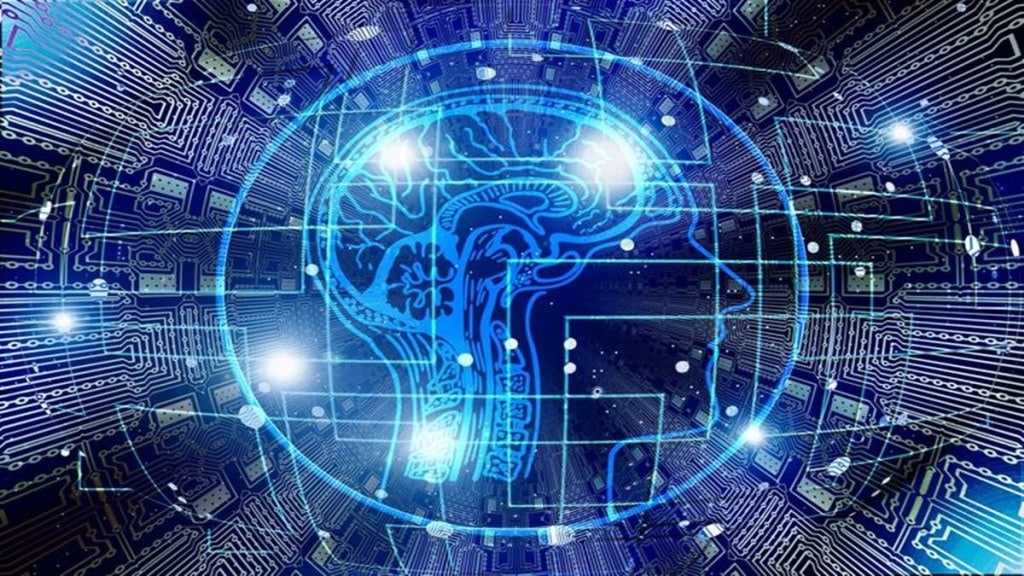By: Pankaj Sharma and Suyash Inamdar
The electric vehicle industry is experiencing rapid growth, which is driven by increased awareness towards sustainability and government push to reduce fossil fuel use. But to drive the EV adoption further there industry needs to use all tools available. Artificial Intelligence (AI) plays a crucial role in transforming every stage of the EV lifecycle, from manufacturing, operations, battery management to recycling, reuse of batteries etc. Where in the age of internal combustion engine (ICE) vehicles, primary metrics like mileage were discussed, EVs age needs better data and insights. This shift is due to the advent of new business models such as pay-per-kilometer, battery-as-a-service, and battery swapping. This is creating a strong need for an AI-skilled workforce.
AI’s Role in EV Manufacturing and Operations
AI has become a key component of enhancing processes and business efficiency in the field of EV:
● Supply Chain Optimization: AI allows anticipating material needs, organizing logistics, and decreasing waste and helps companies be more agile in the face of supply chain challenges.
● Quality Control and Precision Manufacturing: AI is utilized for production supervision through the specialized systems which track processes in real time, identify defects, and ensure that components meet high quality requirements.
● Operational Efficiency: AI systems handle extensive quantities of data, which are produced by vehicles and batteries to improve their performance, estimate maintenance, and reduce energy consumption. This approach towards decision-making is very relevant for new business models such as fleet management services and battery-as-a-service.
AI in Battery Technology
Batteries are at the heart of EVs, and AI is critical in advancing battery management:
Lifecycle Management and Recycling: AI supports managing the entire battery lifecycle, from initial use in vehicles to second-life applications and eventual recycling, ensuring sustainable battery practices.
Sustainability and ESG Compliance: AI plays an important role in sustainability initiatives, particularly in earning sustainability credits in various countries.Disaggregation of emissions, carbon footprint is a complex task when multiple stakeholders are involved. AI algorithms can help in solving these challenges.
Data Engineering and Analytics: To make any progress with the AI, industry needs clean, centralized, and scalable data storage. As AI solutions become more complex, the demand for robust data engineering and full-stack analytics increases. Data professionals are needed to ensure high-quality data that AI systems can rely on.
Battery Health monitoring : Batteries are electrochemical systems with complex behaviors which change in response to temperature, driving behavior, charge/discharge rates etc.AI driven tools can be used to optimize charge/discharge cycles, predict battery degradation, and estimate end-of-life.
Safe Manufacturing: Automation and robotics reduce human exposure to hazards, while AI-driven predictive maintenance prevents equipment failures and workplace accidents.
Operational Safety: AI monitors vehicle systems in real-time to detect and mitigate safety threats, such as predicting thermal runaway events to prevent fires.
AI-Driven Job Transitions in the EV Industry
Changes in the EV industry due to the usage of AI include not only the creation of new positions but also the modification of existing ones. New players from conventional firmware and hardware industries are entering the EV market and applying their experience in modifications and innovations in the processes of production. Businesses are increasingly seeking a diverse range of competencies in order to drive forward their AI advancements, and this shift is resulting in an increase in the workforce. The convergence of hardware and software competencies promotes a multidisciplinary approach which is essential in resolving the complex issues of EV production and management.
The Demand for Skilled Workers
AI and Data Science Specialists: AI models that learn from operational data, batteries, and vehicles are developed by these specialists with the purpose of optimizing and improving many various aspects of effectiveness.
Full-Stack Analytics & Data Engineering Specialists: AI-driven projects require strong data and maintainable pipelines, therefore, these specialists should be experienced.
AI Strategists: Given the constant evolution of AI and its strategic infusions, professionals who are able to derive actionable AI intelligence from an AI strategist’s role are always in demand.
AI Across the EV Lifecycle
AI’s influence extends beyond operations and manufacturing, driving innovation throughout the entire EV lifecycle:
● Battery Lifecycle Management: AI enhances battery usage from first deployment to second-life applications in energy storage systems and recycling, making the process more efficient and sustainable.
● Financiers and Asset Utilization: Financial institutions use AI-driven insights to assess the total cost of ownership (TCO) for EVs, predict asset depreciation, and optimize maintenance schedules. This requires skilled analysts who can interpret AI-generated data to guide financial decisions.
The Function of Log9 in Selecting Needed Competences
We at Log9 Materials understand that the EV industry is faced with a shortage of skilled professionals who can fuel the AI-enabled growth of this industry. We have set a strong foundation for our AI-powered solutions by developing robust capabilities in data engineering and analytics. Our focus on high-grade data infrastructure and end-to-end analytics allows our organization to be at the forefront of developing efficient and green solutions for the EV market.
Conclusion
A relatively new trend – the deployment of AI into the EV sector – is not only altering the game but is also raising the demand for skilled personnel. The application of AI technologies to EV’s operation, manufacturing, security, and ecological aspects continuously necessitates professionals who are able to mesh AI know-how with industry specifics. Moreover, as AI-powered job transformations take place, manpower is expanding by leveraging human capital from the traditional hardware and software industries.
Pankaj Sharma is the Co-Founder and Director, Log9 Materials and Suyash Inamdar is the Manager Data & AI Systems, Log9 Materials
Disclaimer: The views and opinions expressed in this article are solely those of the original author. These views and opinions do not represent those of The Indian Express Group or its employees.


















